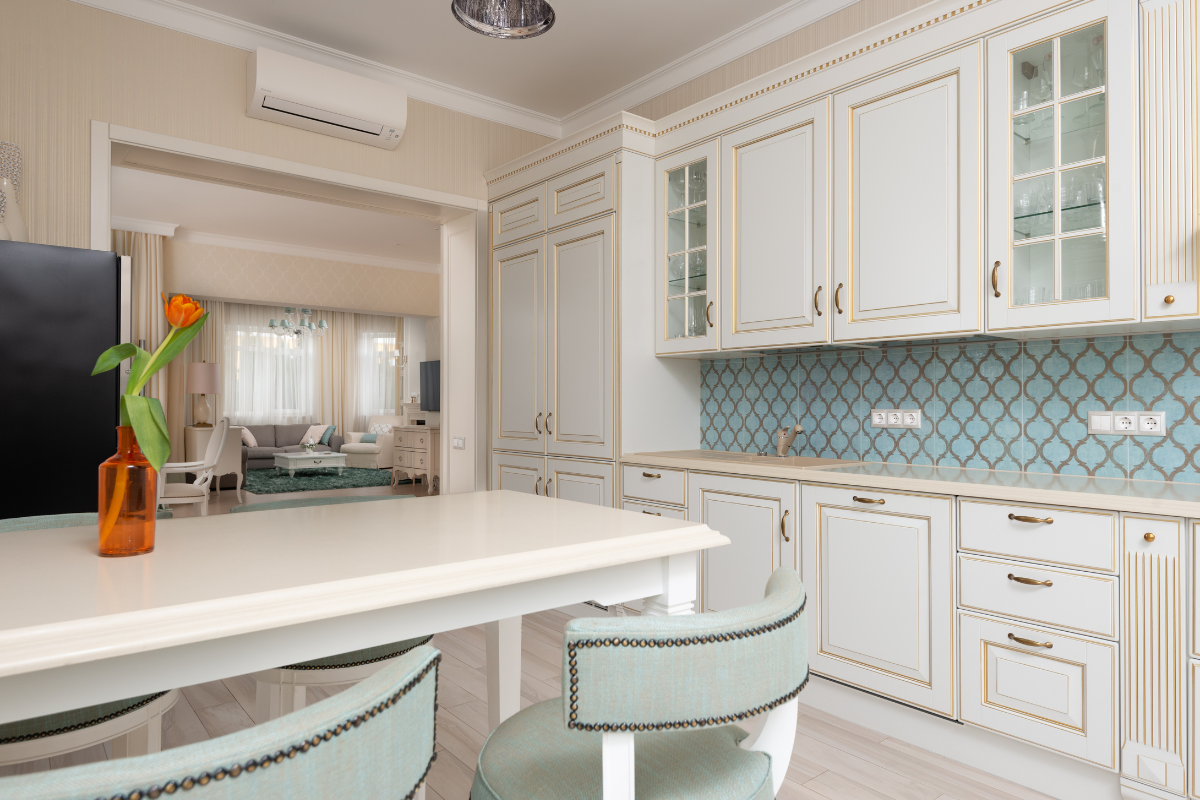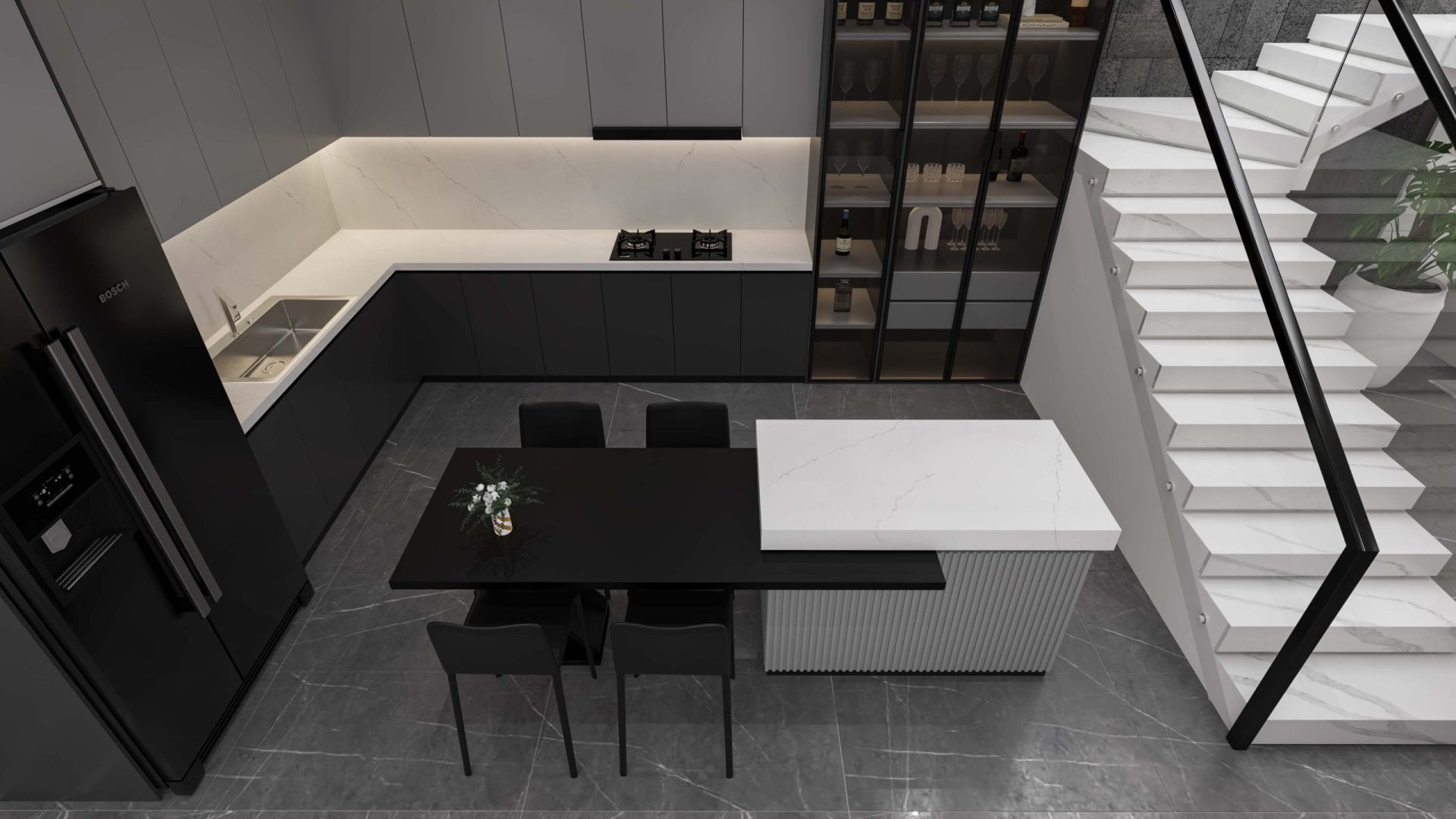Quartz slabs are an increasingly popular choice for kitchen and bathroom countertops, thanks to their beauty, durability, and low maintenance. When searching for the right quartz slab for sale, it’s essential to understand the factors that influence quality, price, and overall value. You will learn all you need to understand prior to making your purchase and selecting premium quartz slabs from this guide.
Understanding the Quality of Quartz Material
The first step in purchasing a quartz slab is to understand its quality. Quartz countertops are made by combining natural quartz, one of the hardest minerals on earth, with resins and pigments. This creates a durable and stylish surface for your space.
1. Composition Matters
High-quality quartz has a high percentage of natural quartz, typically 90-95%. Lower-grade slabs may contain excessive fillers, reducing durability and causing inconsistencies. Always check the material’s composition for a better understanding.
2. Durability and Resistance
This substance is renowned for its ability to withstand heat, stains, and scratches. However, not all slabs are created equal. Premium products offer exceptional resilience for heavy-use areas in your home.

Aesthetic Appeal of Quartz Countertops
Quartz countertops offer incredible versatility in design, making them ideal for a variety of remodeling projects. When exploring quartz slabs for sale, visual appeal is a major factor to consider when selecting a slab.
1. Colors and Patterns
Quartz comes in a wide range of colors and patterns, from natural stones like marble and granite to modern, minimalist designs. Choose a design that complements your space.
2. Consistency in Appearance
One advantage of quartz over natural stone is its uniform appearance. Unlike marble and granite, quartz counters maintain color and pattern consistency throughout the slab. This makes it easier to achieve a cohesive look across your countertops.
Practical Considerations Before Buying Quartz Slabs
There is more to selecting the ideal countertop material than just appearance. Practical factors such as size, thickness, and maintenance needs are equally important.
1. Size and Thickness
Quartz slabs come in various sizes and thicknesses, with most slabs measuring 2-3 cm thick. Thicker slabs offer better durability and a luxurious feel. Make sure the dimensions align with your countertop layout.
2. Maintenance Requirements
Quartz countertops are impervious to stains and bacterial development since they are non-porous. Unlike natural stones like marble, quartz doesn’t require sealing. Cleaning with mild soap and water is usually enough.
Examining the Cost of Quartz Slabs
Understanding the cost of quartz countertops requires more than just looking at the quartz slab price. Several factors can affect the total investment in your project.
1. Price Per Square Foot
The cost of quartz slabs usually ranges between $50 to $150 per square foot, depending on brand, quality, and design. High-end options like Firenza Surfaces often provide exceptional durability and beauty.
2. Hidden Costs
Additional expenses, such as installation and edge treatments, can increase the final cost. When comparing quartz slabs for sale, always enquire about these to avoid surprises later.

Evaluating Manufacturers and Suppliers
Choosing a reputable supplier is critical to ensuring you get a high-quality product. Pay attention to these factors when selecting your provider.
1. Research Supplier Reputation
Look for manufacturers and suppliers with strong customer reviews and certifications. Brands like MSI Q Quartz are known for their excellent quality and design.
2. Warranty and Support
Reputable suppliers offer warranties that guarantee durability and craftsmanship. A warranty is a strong indicator of the manufacturer’s confidence in their product.
Quartz Slabs vs. Other Countertop Materials
When considering quartz countertops, it’s helpful to compare them to other materials like granite, marble, and tile. Each has special advantages and disadvantages of its own.
1. Quartz vs. Granite
While both are durable, quartz offers better stain resistance because it’s non-porous. Granite, on the other hand, requires regular sealing and maintenance to maintain its appearance.
2. Quartz vs. Tile
Unlike ceramic or porcelain mosaic tiles, quartz slabs provide a seamless surface with no grout lines. Over time, this facilitates their cleaning and upkeep.
Conclusion
When looking for a quartz slab for sale, you must check to make sure that the slab has a high percentage of natural quartz and check its durability. After getting confirmation about the quality of the material, next check the colors. Choose colors and patterns that complement your design concept. Once you have analyzed the quality and color, you must factor in size, thickness, and maintenance requirements. The next step is to compare quartz slab price per square foot but also account for installation fees and other expenses. In the last step, choose a trusted supplier that offers warranties and reliable customer support.
By following this guide, you can confidently choose a quartz slab that enhances your home’s beauty and functionality. Let us know if you’re ready to explore options for your kitchen or bathroom!


















